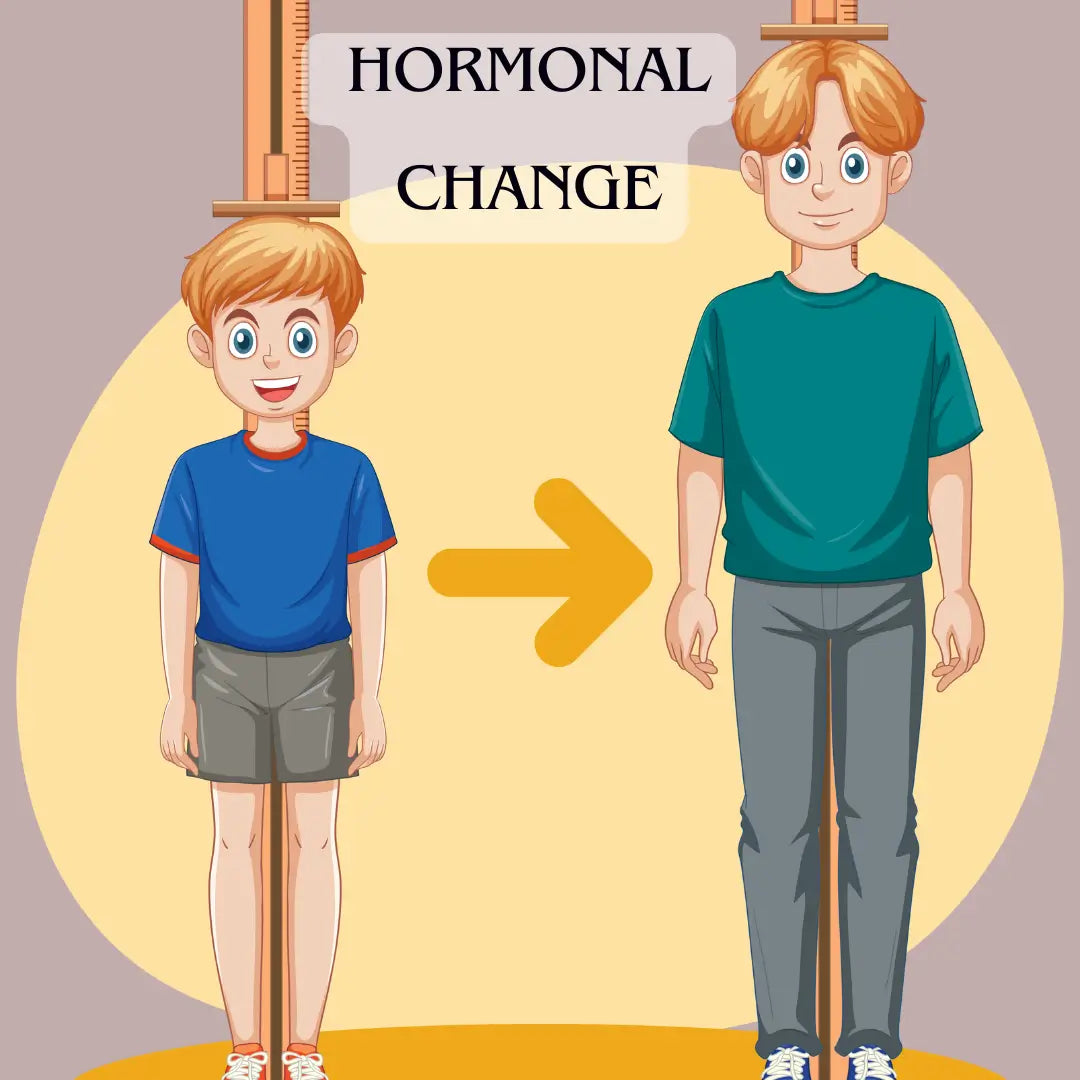Food to Avoid During Pregnancy
Embarking on the miraculous journey of pregnancy brings with it a plethora of do's and don'ts, especially when it comes to what you eat. Expectant moms want to be sure that they're doing everything possible so that their baby is healthy and safe. One common question that pops up in their mind every time is “What should I be eating?” “What foods should I be avoiding while I'm pregnant?”. In this blog we cover a few basics of the topic “Foods to avoid during pregnancy”, ensuring a smooth and healthy experience for both you and your baby. Of Course, it is always recommended to talk to your specific obstetric provider before taking the final call.
(To Learn more about things to avoid during Pregnancy, visit here.)
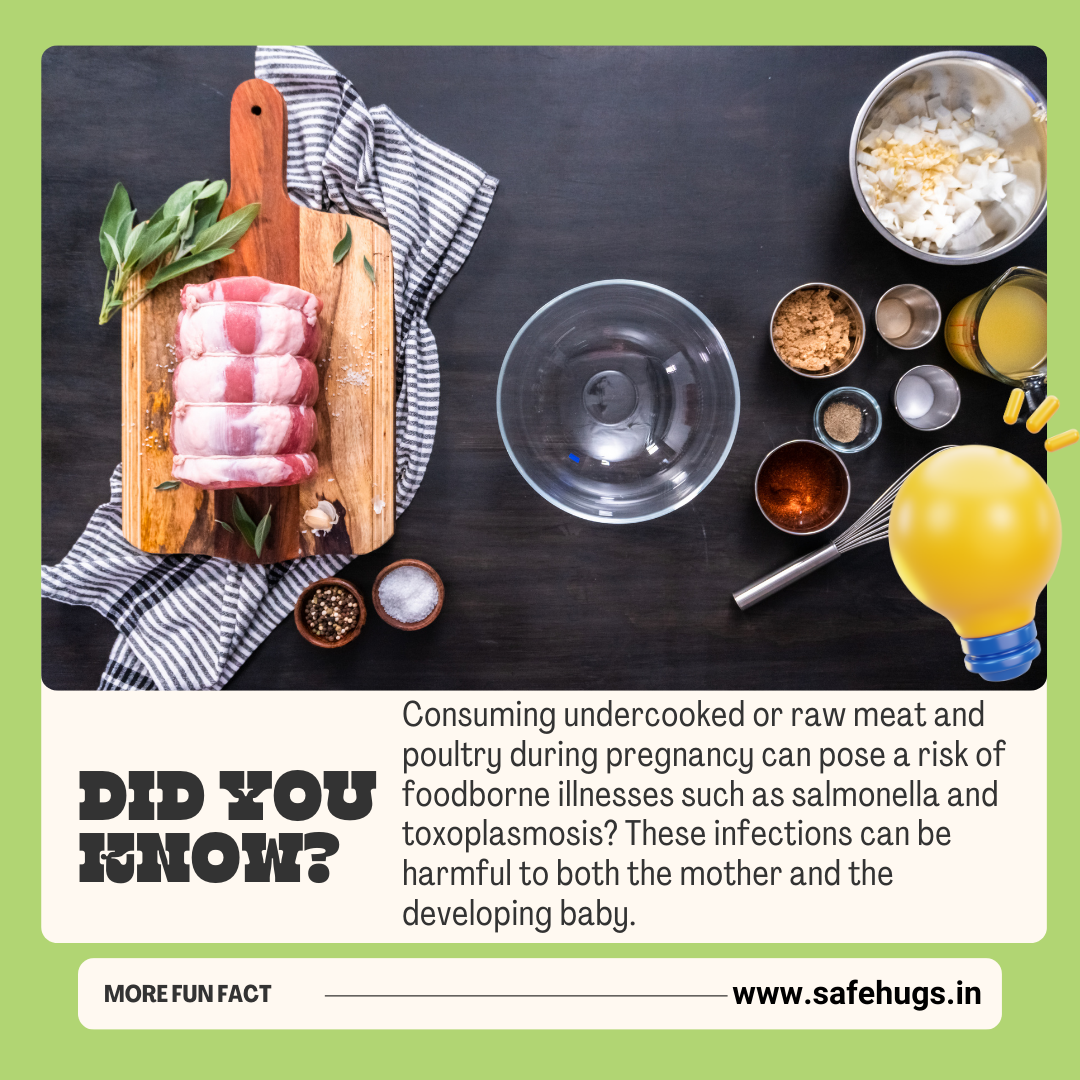
Understanding the Importance of Dietary Choices During Pregnancy:
Your dietary choices play a pivotal role in ensuring the optimal development of your baby while safeguarding your own health. As renowned nutritionist Dr. Emily Johnson emphasizes, "Pregnancy is a time when every bite matters. It's essential to prioritize nutrient-rich foods and avoid potential hazards."
Foods to Steer Clear of During Pregnancy:
Deli Meat:
Deli meats may contain harmful bacteria such as Listeria, which can pose serious risks to the health of your unborn baby. Laura, a mother of two, shares her experience: "I learned the hard way that even a seemingly harmless sandwich could have consequences. It's just not worth the risk."
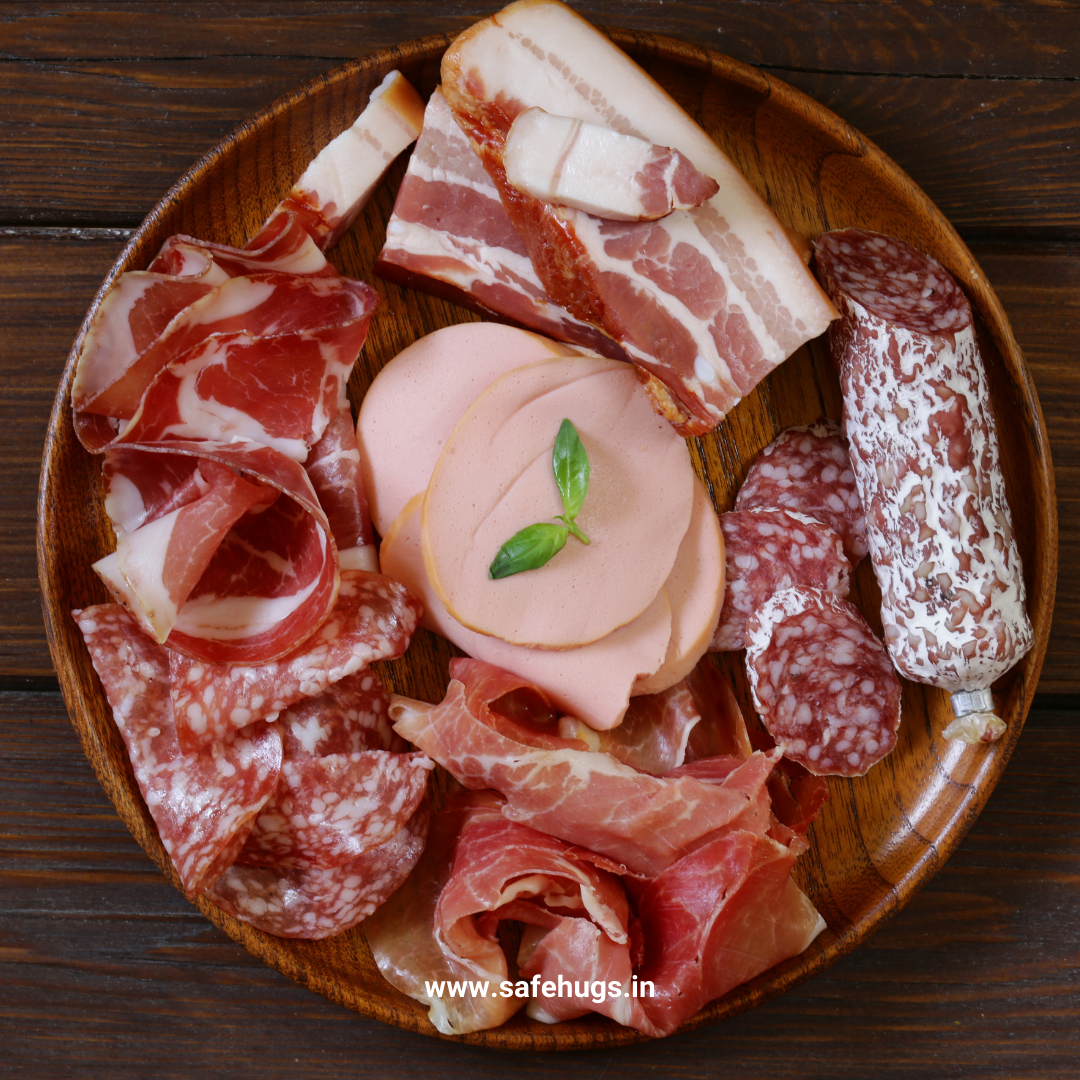
“The risk with deli meats can be of bacteria that can be transferred from the meat slicers of the deli to the meat that you are eating we don't know for sure how often these delis may be sanitizing their equipment so for this reason we recommend that you microwave any deli meats for at least 30 seconds before taking in lunch meat” Dr Jamie Erwin.
Unpasteurized Dairy Products:
Raw or unpasteurized dairy products can harbor harmful bacteria like E. coli and Salmonella. It's crucial to opt for pasteurized alternatives to reduce the risk of foodborne illnesses.
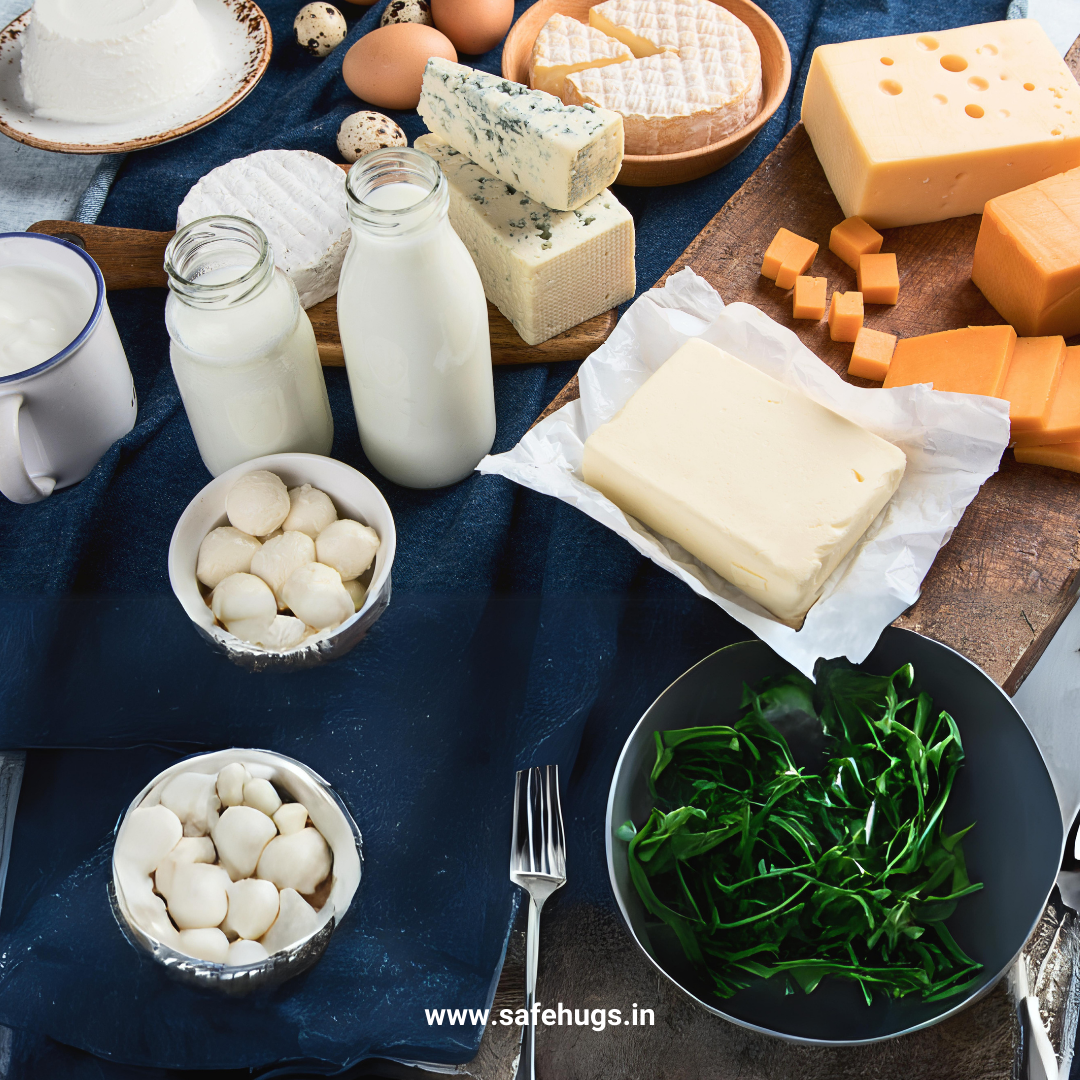
Raw Seafood:
Raw seafood, including sushi and oysters, may contain parasites and bacteria that can lead to food poisoning.

Undercooked Eggs:

Consuming undercooked or raw eggs increases the risk of Salmonella infection. Ensure eggs are thoroughly cooked to minimize any potential health hazards. “Stay away from raw meats and eggs, processed meats with nitrites or certain types of fish that are high in mercury” Dr. Anjie Li
Hidden Culprits: Surprising Foods That Should Be Avoided:
Herbal Teas:

While herbal teas are often perceived as natural and healthy. It may help ease uncomfortable pregnancy symptoms, such as morning sickness and acid reflux. But, consuming too much herbal tea during pregnancy may have adverse impacts on your baby's growth and development. certain herbs such as chamomile and peppermint may have adverse effects during pregnancy. Opt for pregnancy-safe herbal teas or consult your healthcare provider for guidance.
“Chamomile tea is often consumed to relieve menstrual cramps and stomach aches. During pregnancy, it may be beneficial for easing the symptoms of morning sickness. However, research suggests that chamomile tea consumption during pregnancy has been associated with preterm delivery and low birth weight infants”- Malanie McGrice.
Excessive Caffeine:
High levels of caffeine can interfere with fetal development and increase the risk of miscarriage. Limit caffeine intake to 200 mg per day, equivalent to one 12-ounce cup of coffee.

Artificial Sweeteners:
Artificial sweeteners like saccharin and aspartame should be avoided during pregnancy, as their safety for unborn babies remains uncertain. Choose natural sweeteners like honey or maple syrup in moderation.
“Artificial sweeteners are not okay even if you are not pregnant so it's absolutely essential to stop using any kinds of sweetness during pregnancy because there are none of the sweeteners which are tested 100% safe for human consumption” Dr. Gauri Rokkam.
5 Fruits to avoid during pregnancy
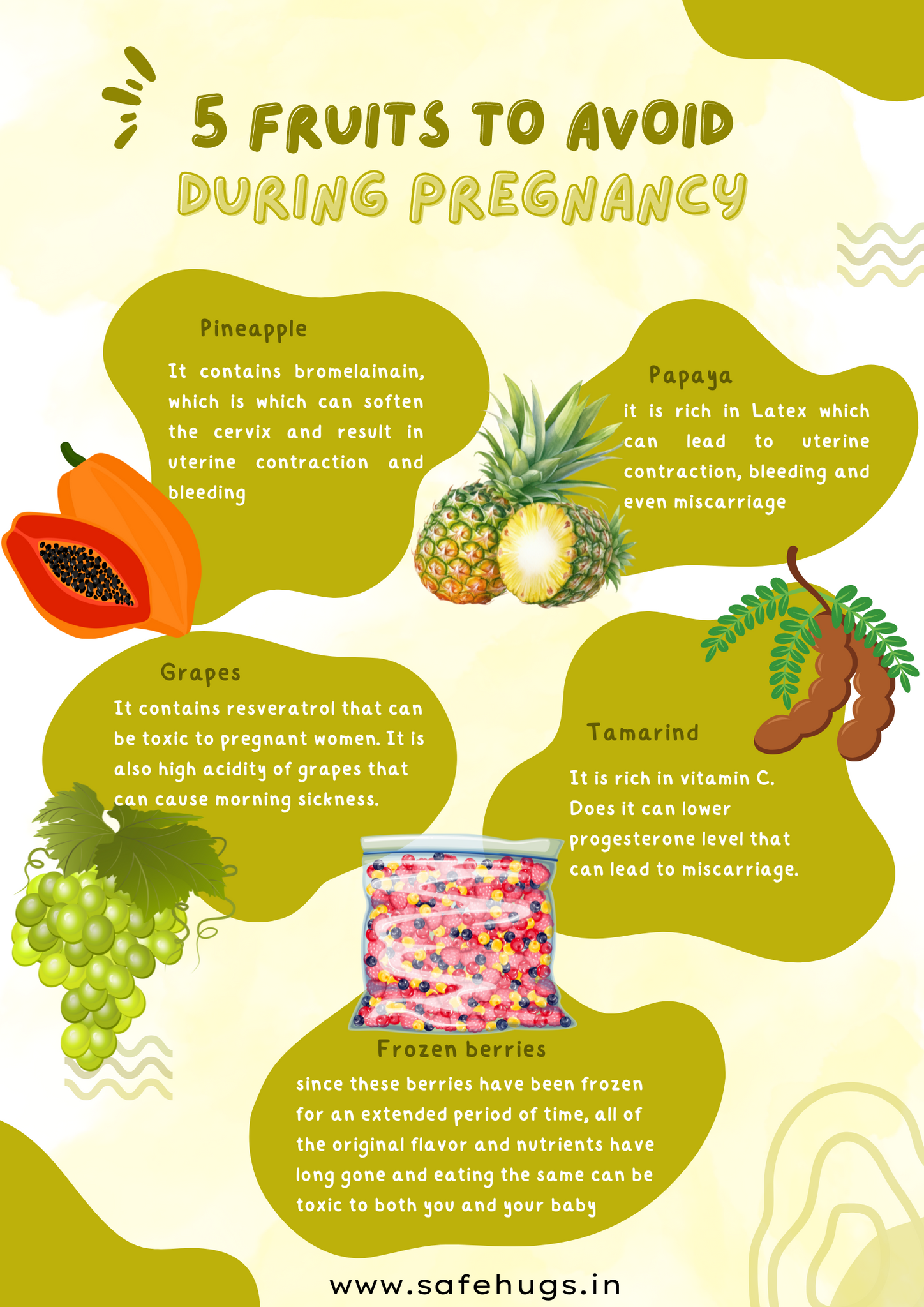
1. Pineapple:
It contains bromelainain, which can soften the cervix and result in uterine contraction and bleeding.
2. Grapes:
It contains resveratrol that can be toxic to pregnant women. It is also high acidity of grapes that can cause morning sickness.
3.Tamarind:
It is rich in vitamin C. Does it can lower progesterone level that can lead to miscarriage.
4. Papaya:
It is rich in Latex which can lead to uterine contraction, bleeding and even miscarriage.
5. Frozen berries:
Since these berries have been frozen for an extended period of time, all of the original flavor and nutrients have long gone and eating the same can be toxic to both you and your baby.
The Importance of Proper Food Handling and Preparation:
Maintaining proper food hygiene and handling practices is essential to minimize the risk of foodborne illnesses during pregnancy. Wash fruits and vegetables thoroughly, cook meats to the recommended temperature, and avoid cross-contamination in the kitchen.
Seeking Professional Guidance:
Every pregnancy journey is unique, and it's essential to consult healthcare providers or nutritionists for personalized advice.
"Don't hesitate to reach out for support. Your healthcare team is here to ensure you have a healthy and safe pregnancy."
The Emotional Impact of Navigating Dietary Restrictions:
Navigating dietary restrictions during pregnancy can evoke a range of emotions, from frustration to anxiety. It's normal to crave foods that you're advised to avoid, but remember, it's all for the well-being of your baby. Emma, a mom-to-be, shares,
"At first, I felt overwhelmed by all the things I couldn't eat. But then I realized it's a small sacrifice for the health of my baby."
The Role of Support Systems:
Having a strong support system can make all the difference during pregnancy. Whether it's your partner, family, or friends, lean on them for encouragement and understanding. Create meal plans together that prioritize nutritious foods while satisfying your cravings in safe ways.
Navigating Social Situations:
Social gatherings and dining out can present challenges when it come to adhering to dietary restrictions. Be proactive by communicating your needs to hosts or restaurant staff. Most importantly, don't feel guilty about prioritizing your health and your baby's well-being.
Staying Positive and Focused:
Maintaining a positive mindset is key to navigating pregnancy nutrition. Focus on the foods you can enjoy rather than fixating on what you're avoiding. Experiment with new recipes and flavors to keep meals exciting and satisfying.
Conclusion:
By being mindful of what you eat and avoiding potentially harmful foods, you're taking proactive steps to ensure a healthy pregnancy journey. Armed with the knowledge provided in this guide, you can make informed decisions that prioritize the well-being of both you and your baby.
Share your own experiences or tips for navigating pregnancy nutrition in the comments below. For further reading or consultation, check out reputable resources and schedule an appointment with your healthcare provider.






























